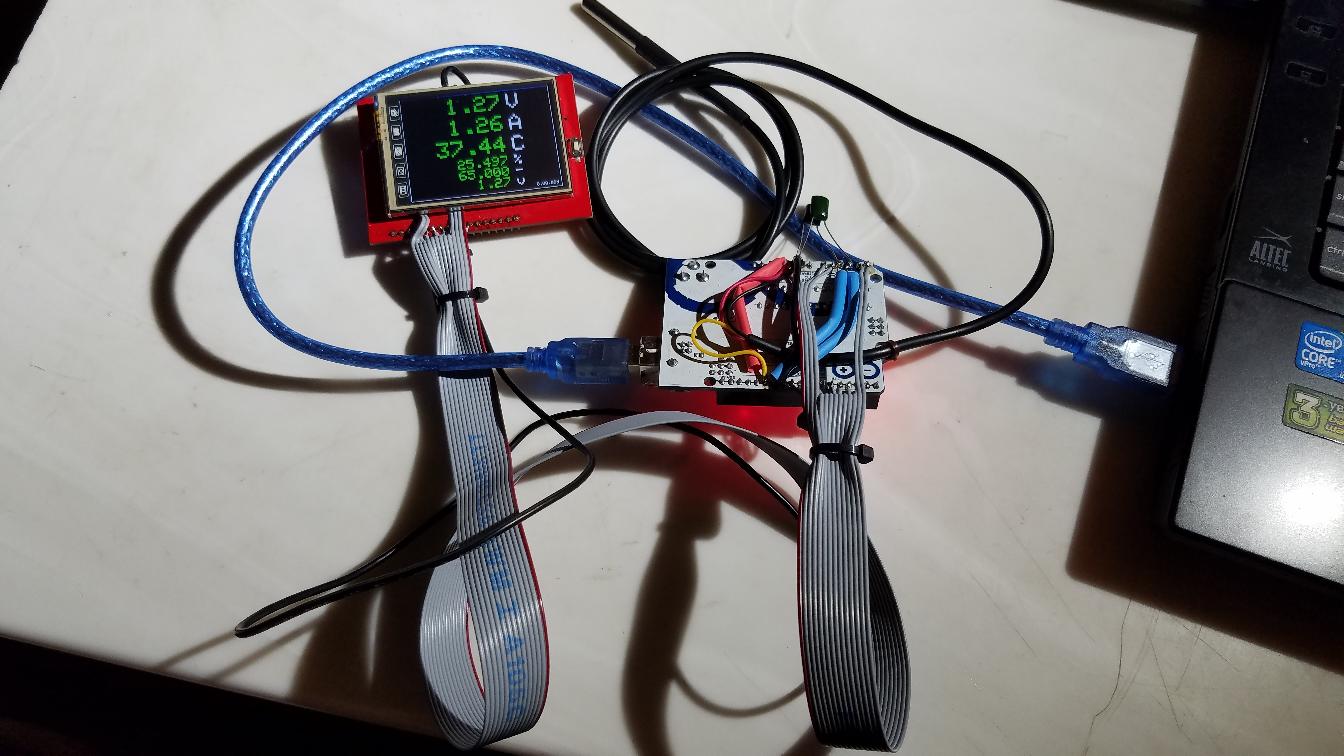I'm on "serious project #3" involving them, have had a taste now of both Uno and Mega... best place to start... hmm... I'll go with "neck deep" lol
Uno is a bit of a squeeze on resources but even at my n00b h4x0r level LOL... still has a surprising bit of bite as you get the hang of things and aren't afraid to think outside the box or at least beat one senseless with a soldering iron haha
Regardless of flavor, there's compiler puke to deal with... If you're unfamiliar with the language like I was (pronounced "still am" lol), find your way to the top of everything it throws at you and correct that issue, and half the time the rest is just the compiler trying to make sense of it's own meltdown haha I wish someone would have given me that little tip from the gitgo... and may have, probably did even... but there's what I've got to add on it. LOL
EDIT - On the displays... If you like challenges that eventually all seem to have solutions but don't mind flying nearly solo at times, the knock off shields work just fine once you find the right magic wand and wave it... At a fraction of the cost of the "real" displays... also hit and miss on description vs what's actually received, and gonna encounter a cracked screen here and there along with bent pins, but again if you're no stranger to a soldering iron and needlenose (especially with Uno), typically the actual displays are ok, good color saturation/vibrance etc and plenty bright... toss a few bucks at half a dozen for the price of just 1 of the "real fruit" ones and so far I've averaged out ahead, just some head on desk action to work out the magic trick that brings them to life.
And what's this about shifting registers? Lol That's what the iron and needlenose are for... bust the pins off that you need to move, and reroute them

That's one benefit of going with the cheap route... hack up the magic on one, apply it to the masses. Personally, I would have still run across the need to reroute pins, but it's a lot less stressful to approach a $5 display than a $35 (or more, ack lol) with your weapon of choice... None of this pin register shift thingy stuff hehehe They don't come with clutches anyway

To wit... LOL:

When you're finished rearranging an uno, it's like napalm in the morning... smells like... victory haha Draw you up a board or whatever to make the changes you want for "production runs" or whatever suits your fancy, and roll

I of course jest a bit, and I'm far from guru on them but so far seems that however you go about them, they're fun to play with, even when WTF factor goes so far off scale that you forgot you were subconsciously monitoring it

Steve